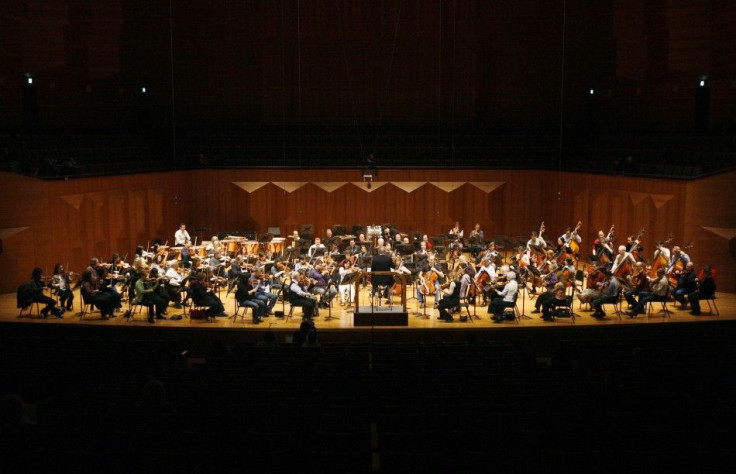Jury Finds Marvell Violated Patents, Awards $1.17B To Carnegie-Mellon
Jury Orders $1.17B Payment By Marvell To Carnegie-Mellon

A jury in U.S. District Court in Pittsburgh Wednesday found that chip designer Marvell Technology Group (NASDAQ:MRVL) had infringed upon two patents owned by Carnegie-Mellon University and ordered it to pay damages of $1.17 billion.
Marvell, of Santa Clara, Calif., had no immediate comment. Its shares fell as much as 11 percent before closing at $7.40, down 85 cents. The plunge wiped out about $1 billion in market capitalization and lowered the chip designer's value to slightly below $4 billion.
Under trial rules, the damage claims could be tripled if the judgment is upheld on appeal, which is expected. Marvell reported cash and investments exceeding $2 billion when its third quarter ended on Oct. 27.
Carnegie-Mellon sued Marvell last March, claiming the patents were infringed on at least nine integrated circuits it shipped that deal with methods in which data are read at high speeds when stored on a disk drive.
Long a formidable player in computer graphics, Marvell this year moved into supercomputing, with thousands of its chips designed into the Titan supercomputer at the Oak Ridge, Tenn., National Laboratory.
© Copyright IBTimes 2025. All rights reserved.






















